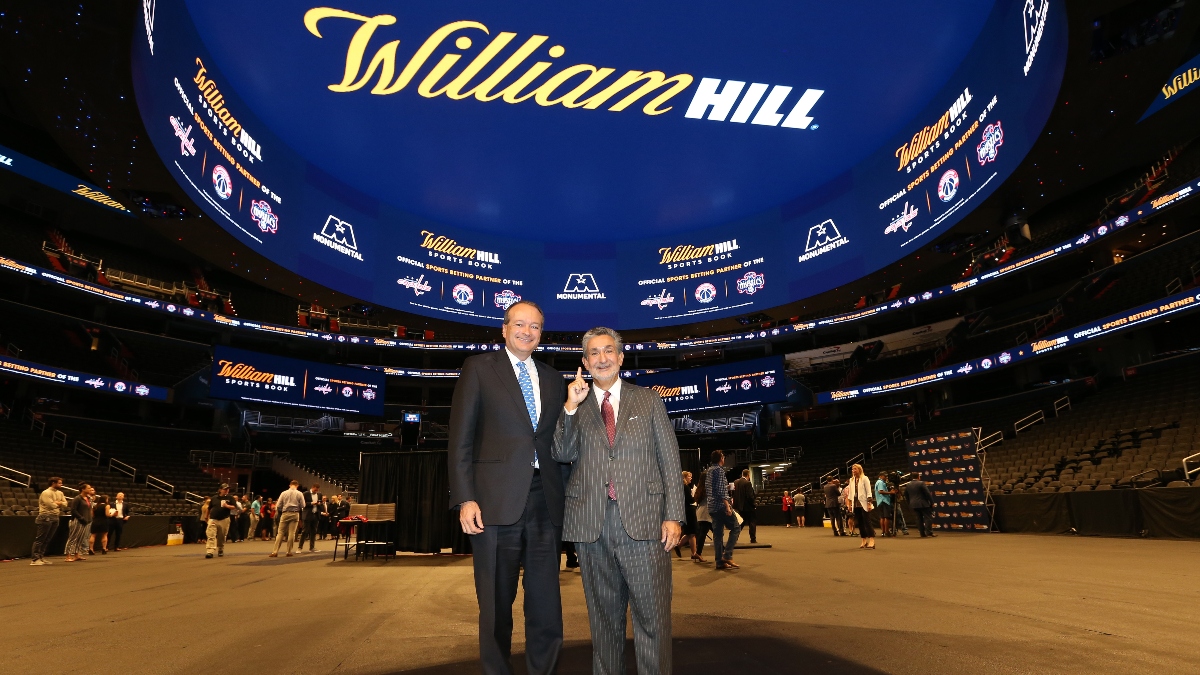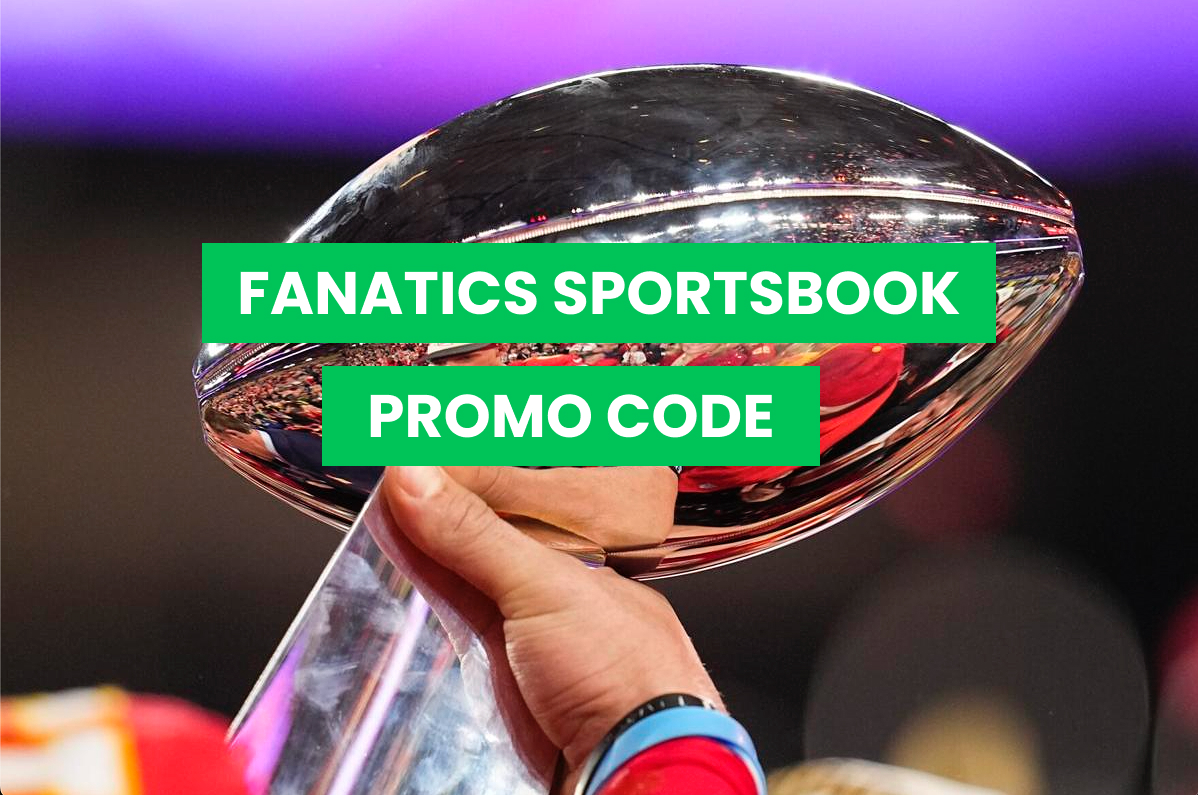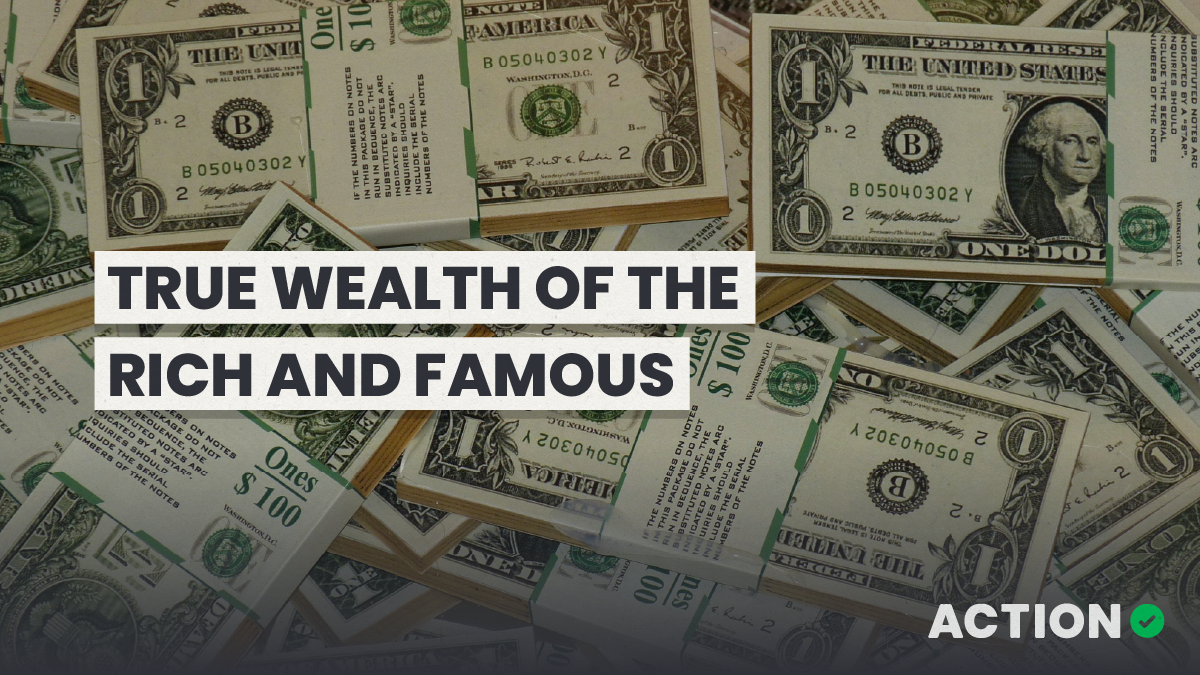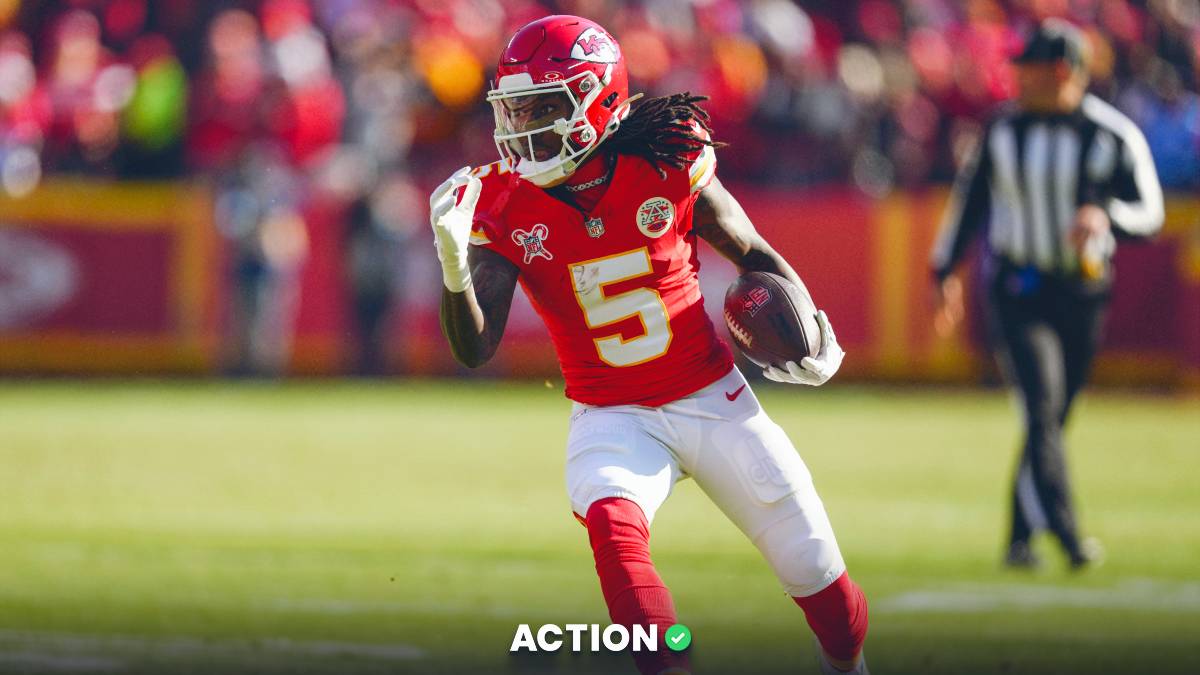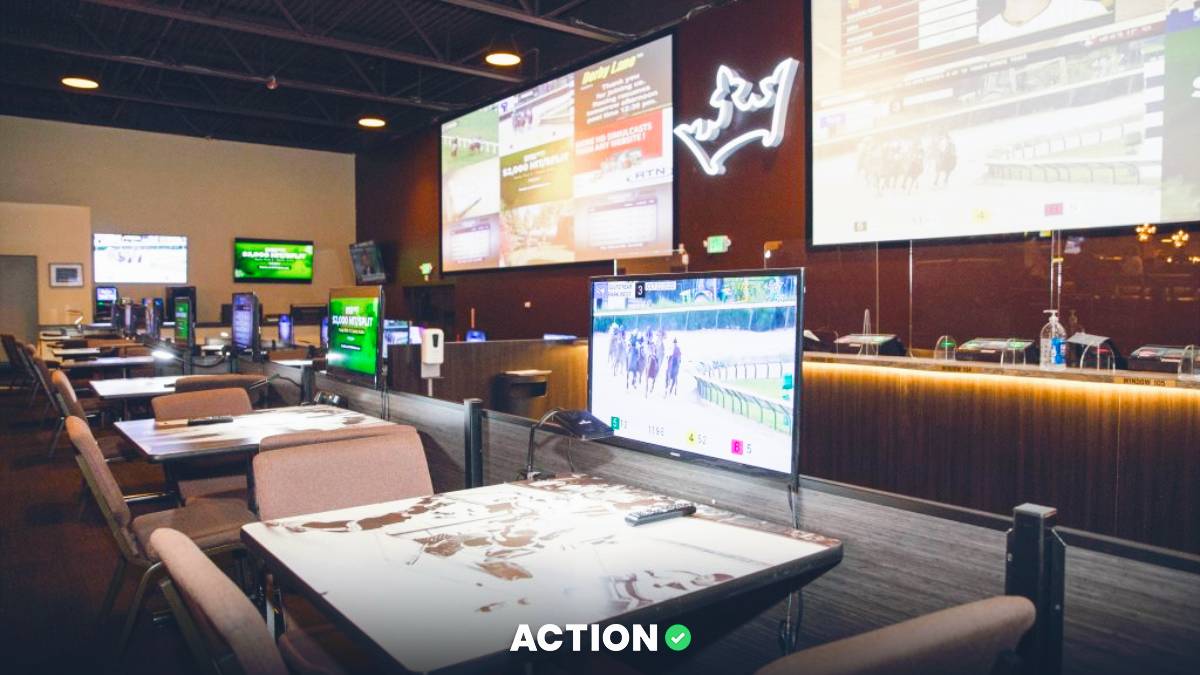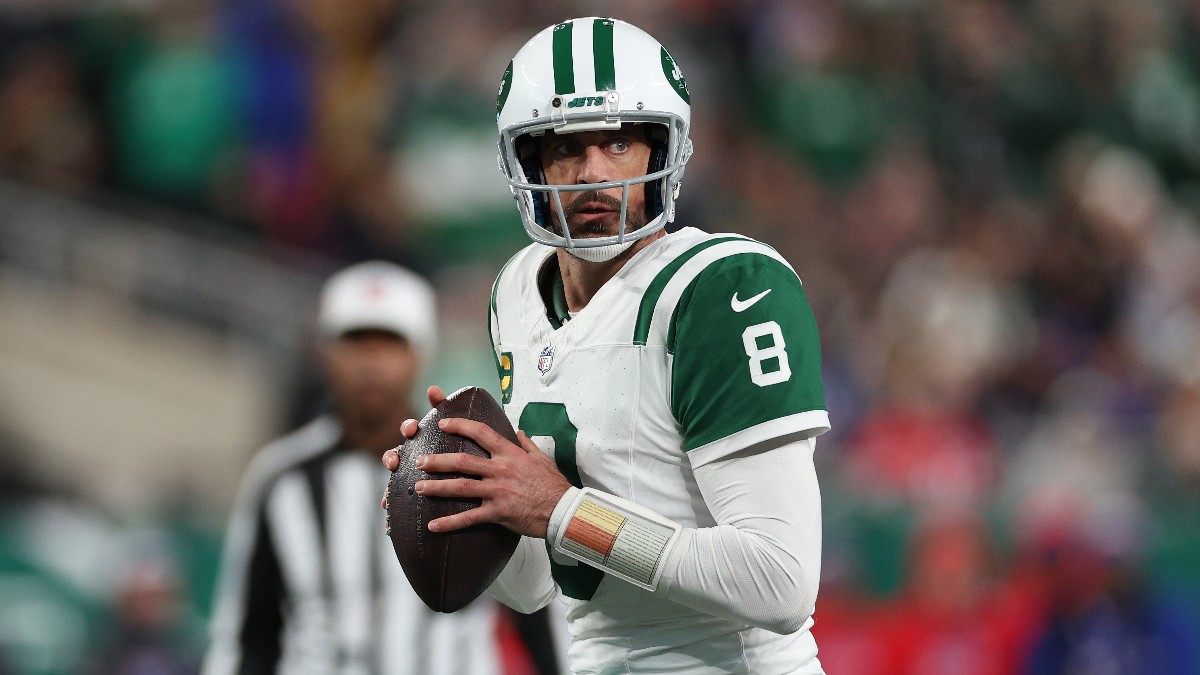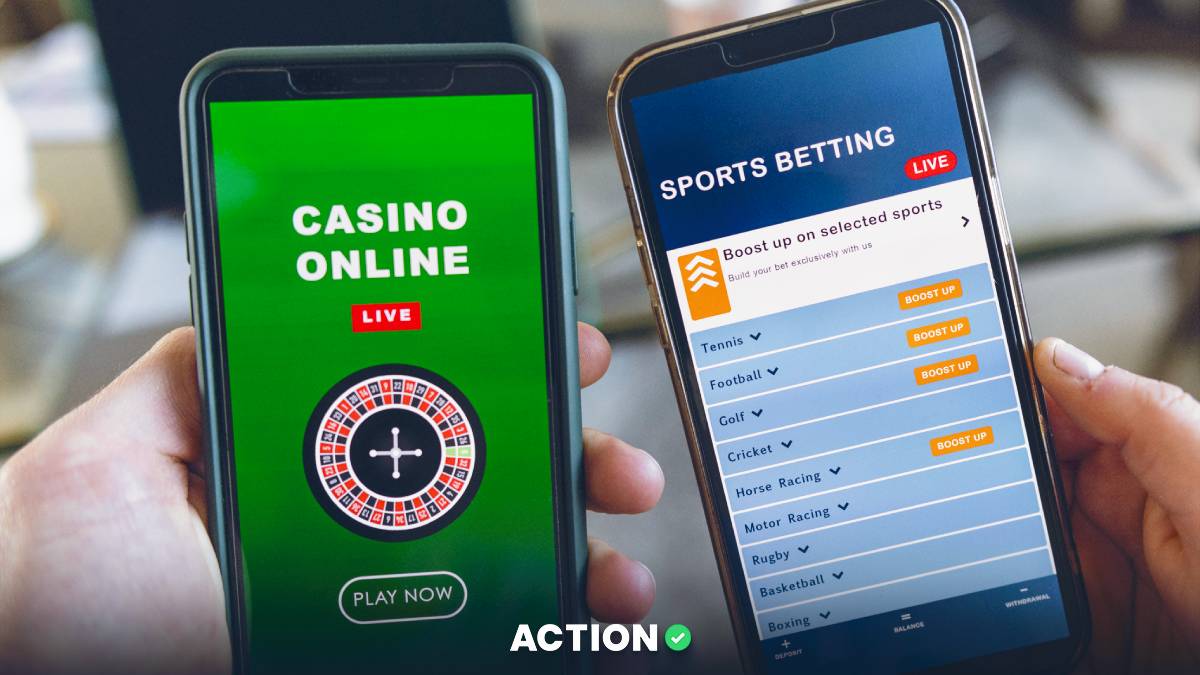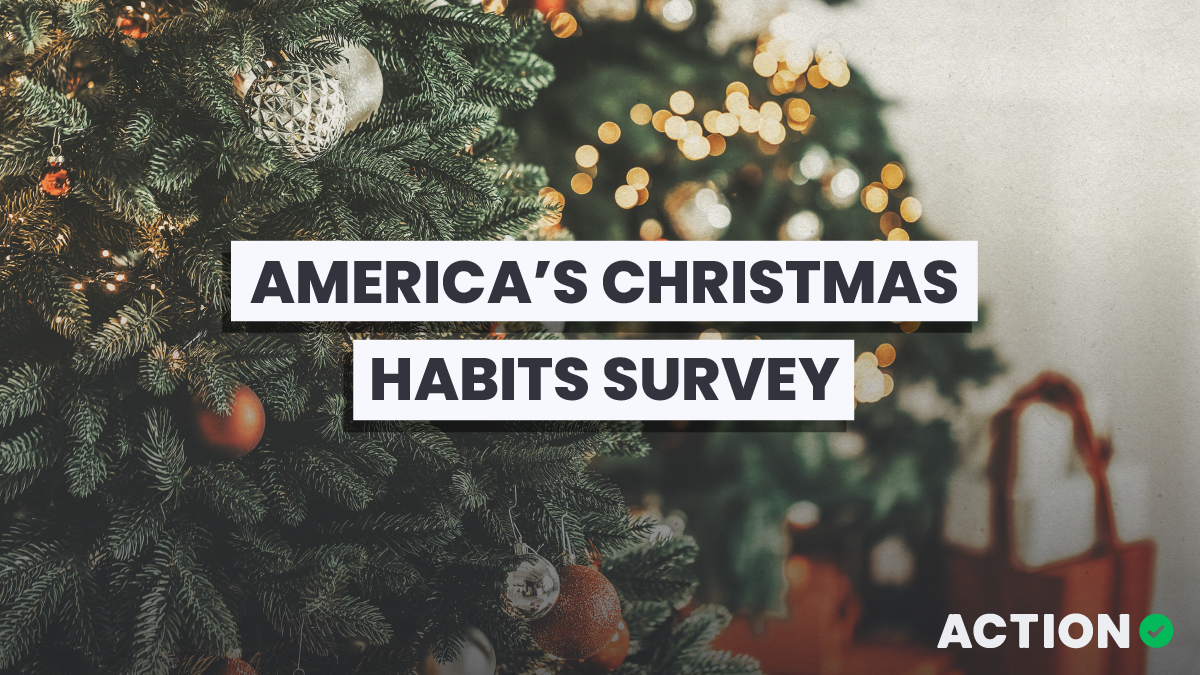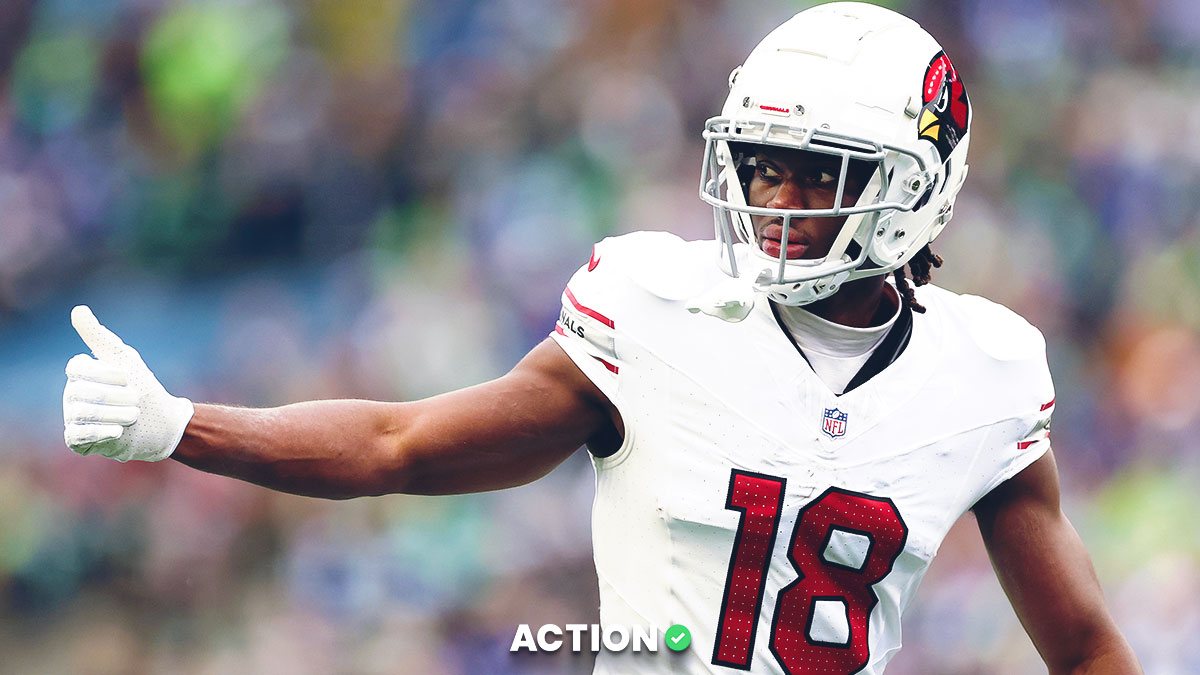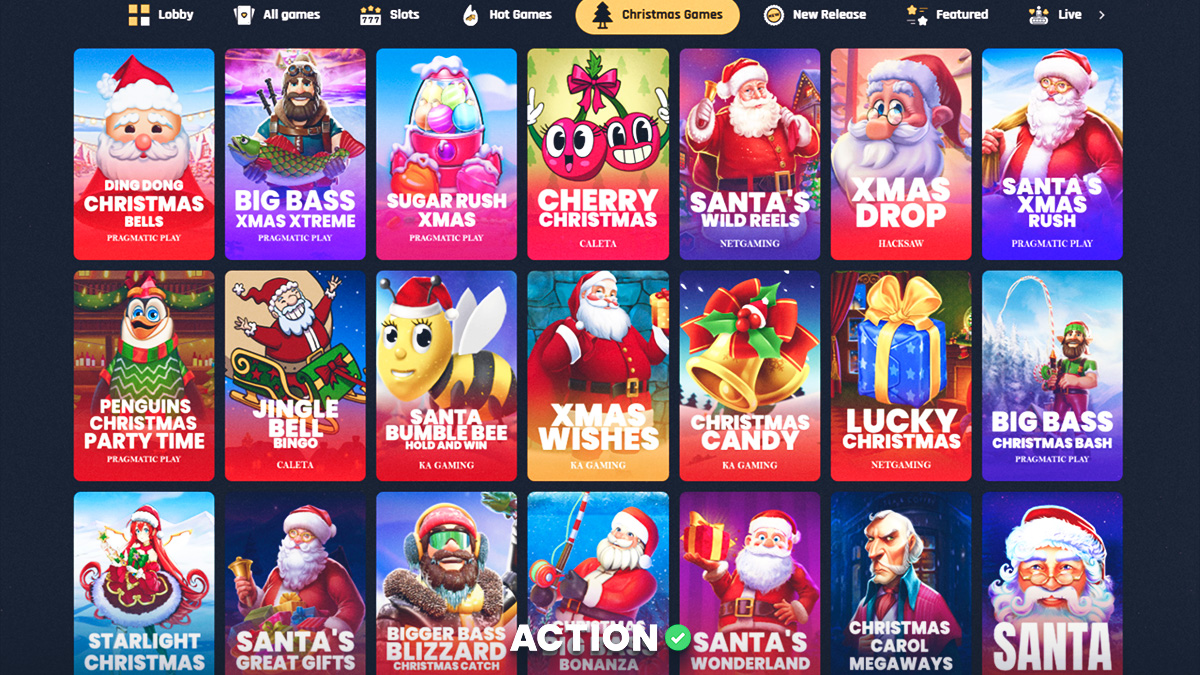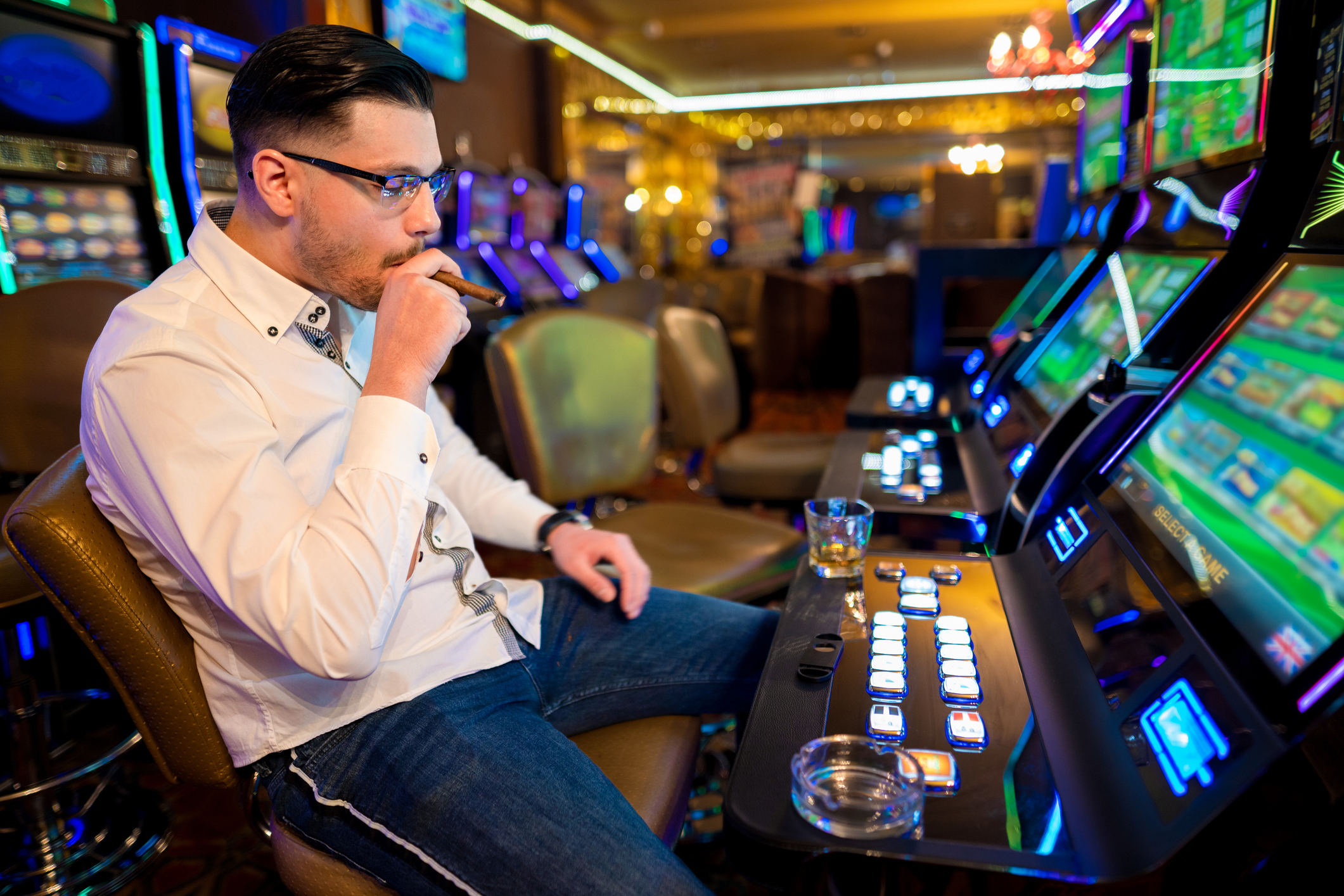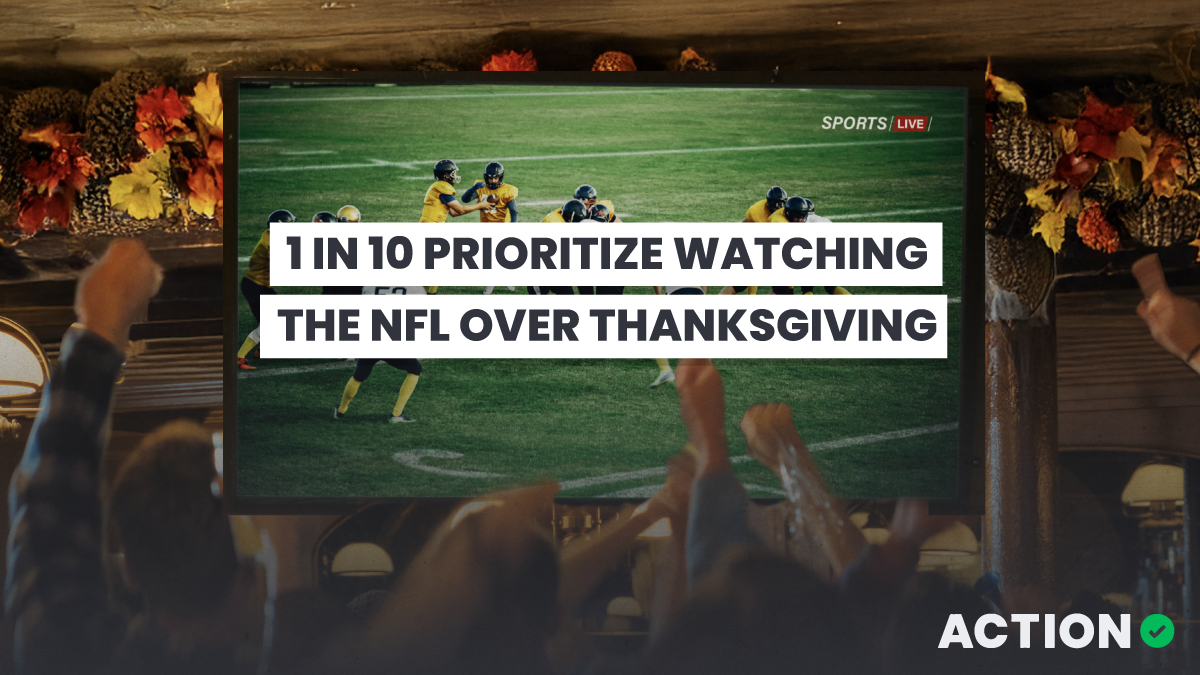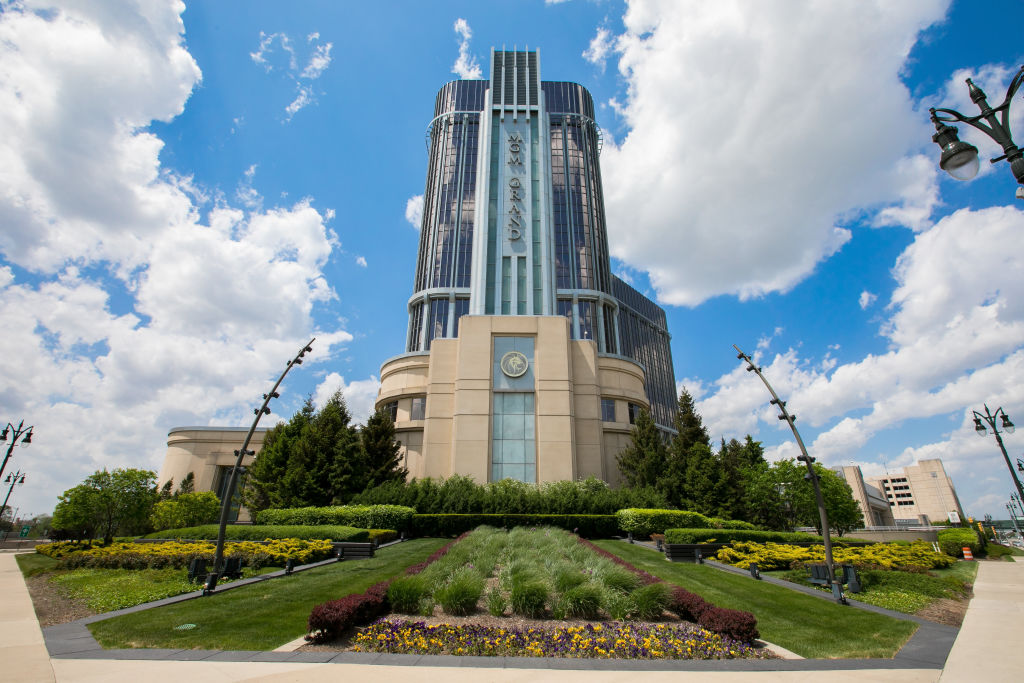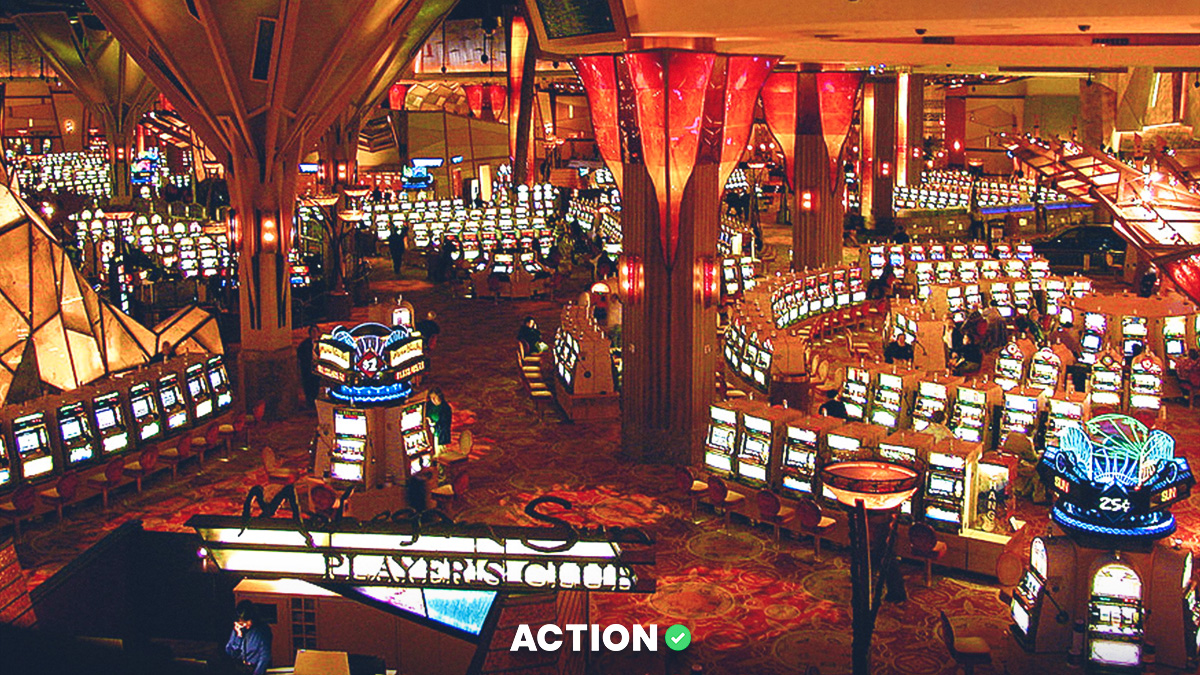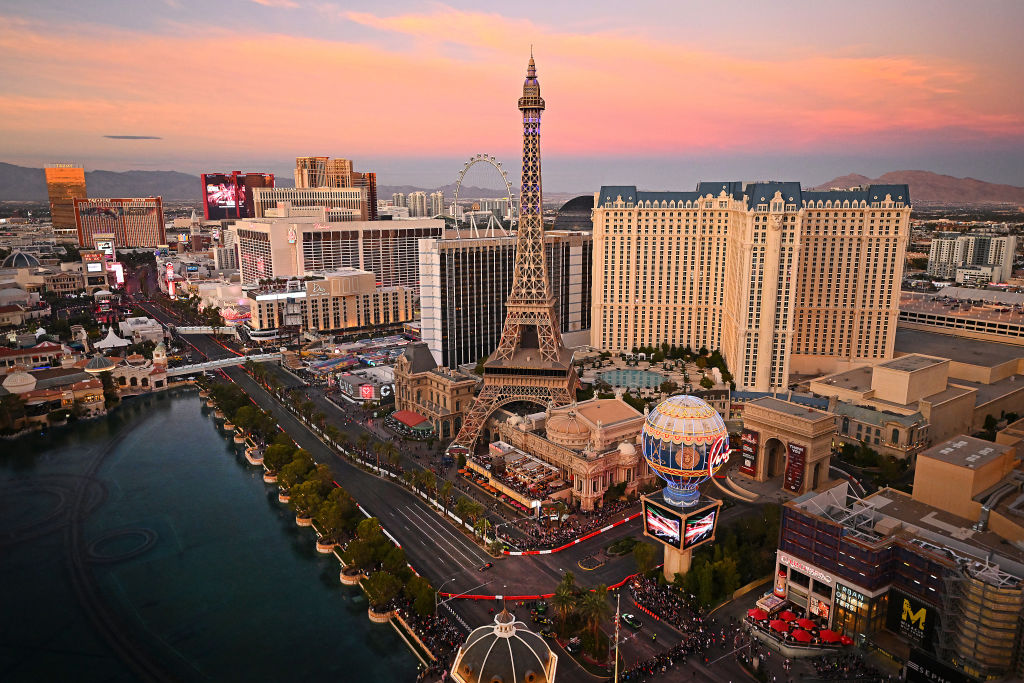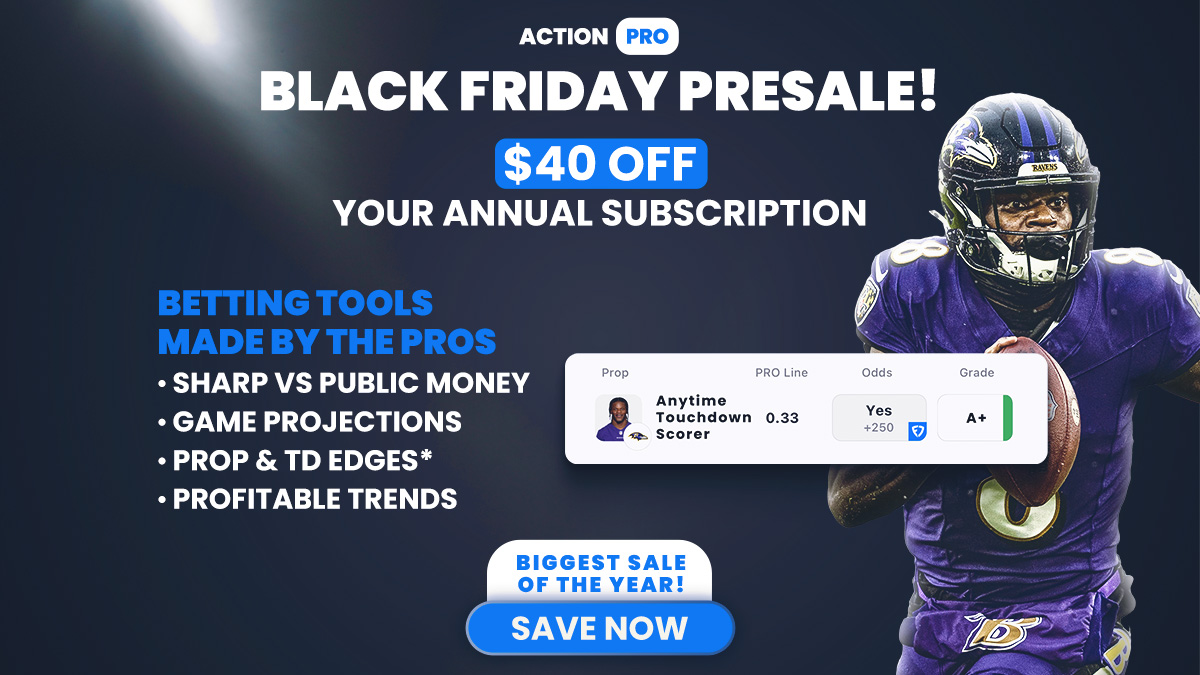Just three years ago, single-game sports betting was banned outside Nevada and an in-stadium sportsbook seemed unthinkable. By 2021, bettors in as many as a dozen states could place a bet inside a sports arena from one of the nation’s “big four” professional sports stadiums.
Washington, D.C.’s Capital One Arena opened a William Hill sportsbook earlier this year, and DraftKings could do the same within Chicago’s Wrigley Field as early as 2021. Legal betting in stadiums will be a major part of both the retail and digital sports wagering experience, officials from both professional sports teams and gaming reaffirmed during an industry conference Friday.
“It's about bringing an experience that somebody can have on a device or at home to a venue like Capital One Arena or the casino or racetrack and being able to have that unique environment that you can't find anywhere else,” William Hill vice president Dan Shapiro said during the Sports Betting USA conference Friday. “We’re big believers in that. And we're also believers in retail’s ability to drive mobile betting.”
[Research Firm Projects 37 States Will Have Sports Betting by 2023]
DC Sportsbooks Leads the Way
Online betting makes up 75 percent or more of betting handle in markets with both mobile and retail betting, a figure that will likely increase as they mature. Still, sports betting stakeholders believe in-person locations can spark both retail and mobile betting interest, especially in high-profile locations like stadiums.
William Hill’s groundbreaking brick-and-mortar sportsbook — the first to open within an NFL, NBA, NHL or MLB stadium — has boomed without live events, or even a permanent facility. The “sportsbook” is just a couple of ticket counters and a handful of kiosks, which Washington Capitals, Wizards and Mystics owner Ted Leonsis compared to an “Amtrak ticket counter” in a session during Friday’s conference.
This was still enough to take roughly 113,000 bets and $12.2 million in handle in September alone. Just a few months after opening, the Capital One Arena sportsbook is the second-most lucrative of William Hill’s 160 retail locations.
Once completed, the in-stadium book will span 25,000 square feet across multiple levels and will feature dining and other entertainment options. James Van Stone of Monumental Sports and Entertainment — the holding company that owns the Capitals, Wizards and Mystics — projects the finished book will bring one million additional patrons to the three million that already come to the arena annually.
“We’re a culinary business, we’re a retail merchandise business, we’re a content business, we’re a live events business,” Van Stone said during Friday’s conference. “We think sports betting is a fantastic complement for expanding our services.”
D.C. law also permits Nationals Park, Audi Field and the new Entertainment and Sports Arena in Congress Heights to open retail sportsbooks, all of which seem increasingly likely after Capital One Arena’s success.
Illinois Set to Expand In-Stadium Sportsbooks
The nation’s lone in-stadium sportsbook won’t hold that distinction for long.
Wrigley Field will open a DraftKings sportsbook within the “friendly confines” of the Cubs’ iconic home. Already the centerpiece of Chicago’s bustling Wrigleyville neighborhood, Wrigley Field’s future sportsbooks could join Capital One Arena as one of the busiest retail facilities in the country.
Illinois’ sweeping 2019 sports betting bill also allows sportsbooks at its other major professional sports facilities, including the United Center (home to the Bulls and Blackhawks), Guaranteed Rate Field (White Sox) and Soldier Field (Bears). On Friday, Illinois lawmakers also introduced legislation that would allow the WNBA’s Chicago Sky and NWSL’s Chicago Red Stars to apply for sports betting licenses, as well.
While the Cubs were the first to announce in-stadium plans, it wouldn’t be surprising to see most if not all the aforementioned facilities launch retail books in the coming years.
Mobile Still Key for In-Stadium Experience
Despite this potential, retail betting counters at Capital One Arena and Wrigley Field will likely be outliers, at least for the immediate future.
None of the other 13 jurisdictions currently with statewide mobile wagering specifically permit in-person sportsbooks. Las Vegas’ Allegiant Stadium and T-Mobile Arena are within walking distance of retail sportsbooks, as will all three of Philadelphia’s major sports venues when Live! Hotel and Casino opens next year, but none are not technically permitted to accept in-person bets within the actual facility themselves.
That has led stadiums to create sportsbooks – without the sports betting. In states with mobile wagering, arenas are opening lounges catered to sports bettors wagering from their mobile devices. The Prudential Center in New Jersey, one of the first states with legal sports betting, already has partnered with William Hill to open such a venue and Pittsburg’s PPG Paints Arena is expected to open its Rivers-casino affiliated lounge next year.
In Indiana, PointsBet struck a partnership with the Indiana Pacers and Caesars arranged a similar deal with the Indianapolis Colts. In Colorado, the Denver Broncos partnered with FanDuel, the Colorado Rockies affiliated with DraftKings and PointsBet struck a deal with the University of Colorado, the first such NCAA partnership in the country. With the likely exception of CU, all these teams’ home venues could open sports betting-centric lounges of their own.
The next wave of states to launch legal mobile sports betting including Tennessee (Nov. 1) and Michigan (early 2021) could see similar deals. Maryland and Louisiana voters also approved sports betting referendums this year on their respective ballots, which could open up the door for two more potential online, in-stadium betting opportunities in states with professional sports teams.
In states with or without retail, in-stadium sportsbooks, the potential for tailored mobile-betting environments inside the arena could spark continued digital revenue growth.
“D.C., where it’s located, makes it a great showcase for us up and down the East Coast as a sportsbook where we want people to go engage with our brand,” Shapiro said. “Then perhaps they’ll go back to other states where sports betting is live, such as Virginia and Maryland, which just approved their referendum, and go back home and download our app and play there as well.”


